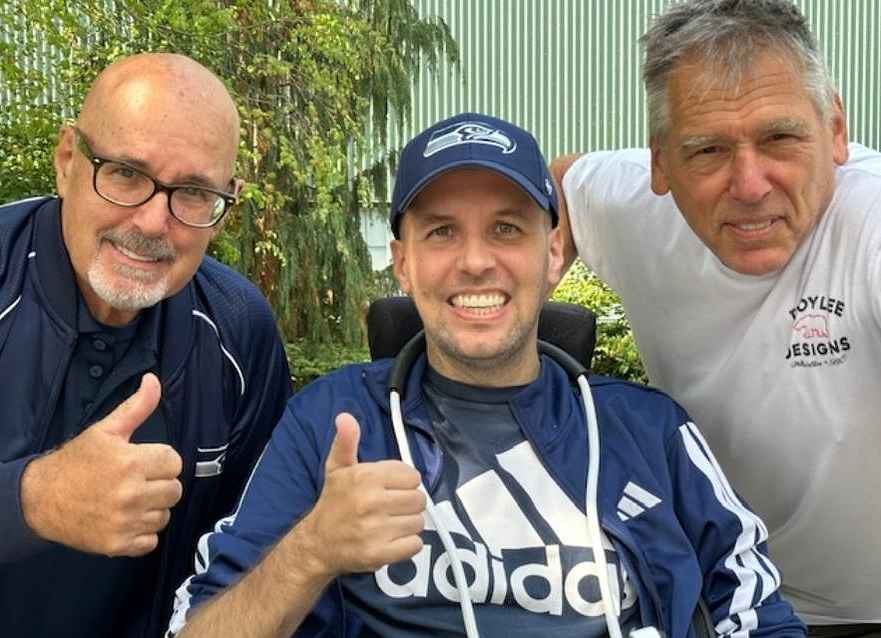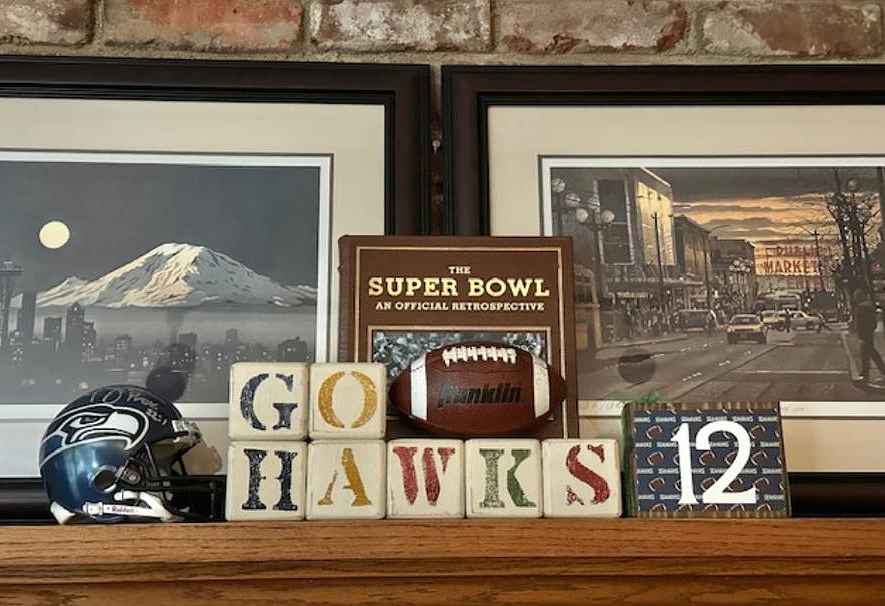






See listing of Recent and Most Popular articles on the Home Page
Senior Moments
Category: Aging, General / Topics: Optimal Aging • Wellness
Mind Over Matter
by Dan Seagren
Posted: January 27, 2008
Revisiting the first Senior Moment…forgetfulness…
The first Senior Moment discussed forgetfulness as a typical senior moment. Where did I put my keys? What happened to my grocery list? Did I put the yeast in the dough? We pretty much agreed that this is typical of all ages but more likely among seniors.
Now, many columns later, let's address this problem again. Believe me, it exists. My computer gets more complicated as I add both essentials and frivolous programs. Years ago, I could remember exactly what to do. Now when I haven't used a certain program for awhile, I forget too much and have to relearn (by looking at my notes if I made any notes and if so where did I put them?). Sad, but true.
Then, I read the Sunday Parade magazine (1/6/08). In case you missed it, let me summarize the article so you too can read it, make notes, and then in a month try to locate those notes. Here we go. The title: Why Do We Forget Things? by Martha Weinman Lear. Subtitle: Don't worry! There's a lot about memory loss that is normal. Thanks, Martha, for those comforting words. I've been trying to say the same for a long time but not everyone listens, or agrees if they do.
She goes on talking about the fact that most of realize our bodies age but we get frightened by memory loss. She even said that "it's on the tip of my tongue" is so common it is used in more than 40 languages. I took my wife out for lunch but couldn't remember the name of the restaurant. I took a round about way of getting there and she spotted the sign and blurted out the name which we both knew so well but couldn't remember at the moment. It happens.
Martha went on to tell us that there are several kinds of memory. Now we're getting a bit technical but you can handle it. The first she said was procedural memory. This is memory we need not tap like walking or riding a bicycle. She called it a how-to-eat or how-to-tie-a-shoe memory. We don't stop to think, we just do it. Lots of things we do we don't bother looking for memory and some things we do we shouldn't be thinking about how to do it (like hitting a golf ball). Just do it. Learn, practice and then do it. So far so good.
Then she talked about semantic memory. This covers facts. Where are the keys? What does a key do? Incidentally, if you can't find your key, and then when you do find it, don't know what it's for, then you might be in a bit of trouble. Where is the restaurant? I knew. I just didn't go the most direct route. What's its name? I knew it as well as my own middle name (almost). But when we saw the sign, bingo, we knew. We knew its name, where it was located, and what it does (serves food).
There's more. Episodic memory. Episodic. Sure, we all know episode. So why not episodic. This covers experience. This isn't too far from our search for the restaurant. The information was in my memory bank. The name was merely a five-letter word. It was on one of our main drags. It was there but was stuck on the tip of my tongue. Or, better, on the tip of my memory.
Now it gets a little more complicated. Martha said our brain has 100 billion neurons zapping around wildly (her words) sending electrical and chemical signals back and forth. With time, the signals weaken. Then she reminded us that beginning around age 30, our brains begin to shrink although we don't notice it at first. But here's the catch. Episodic memory relies heavily on the front areas of the brain where the shrinking begins first.
But is the brain losing its power? Not much but it is slowing down. Consequently it takes longer to function as we have been accustomed. Ah, encouraging words. Too often we aren't losing it, it's just taking longer to retrieve it. We realize (sort of) that we can't play tennis at 60 like we did at 30. But we also find it difficult to compete with our grandkids in computer games (like Wii) or remembering passwords. Our ability to remember new information has changed, like it or not. We may have to read an article several times before it is ours. So, take heart, my dear senior friends. Our memory banks are full, crowded, but available sooner or later. Unfortunately, at times, later.
Search all articles by Dan Seagren
Dan Seagren is an active retiree whose writings reflect his life as a Pastor, author of several books, and service as a Chaplain in a Covenant Retirement Community. • E-mail the author (su.nergaesnad@brabnad*) • Author's website (personal or primary**)* For web-based email, you may need to copy and paste the address yourself.
** opens in a new tab or window. Close it to return here.
Posted: January 27, 2008 Accessed 323 times
![]() Go to the list of most recent Senior Moments Articles
Go to the list of most recent Senior Moments Articles
![]() Search Senior Moments (You can expand the search to the entire site)
Search Senior Moments (You can expand the search to the entire site)
![]() Go to the list of Most Recent and Most Popular Articles across the site (Home Page)
Go to the list of Most Recent and Most Popular Articles across the site (Home Page)
 Loading requested view...
Loading requested view...